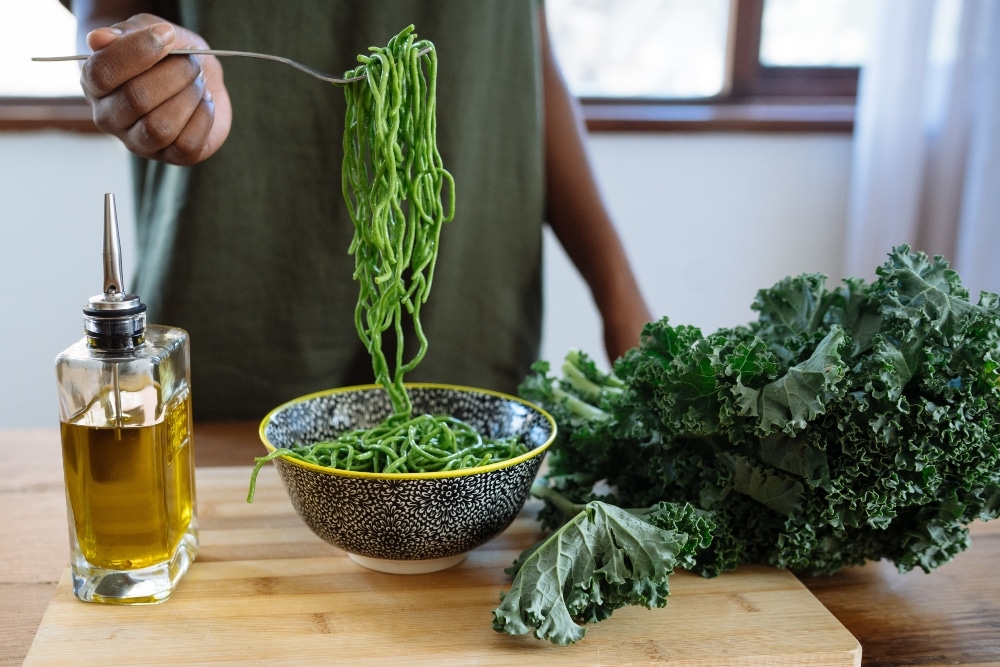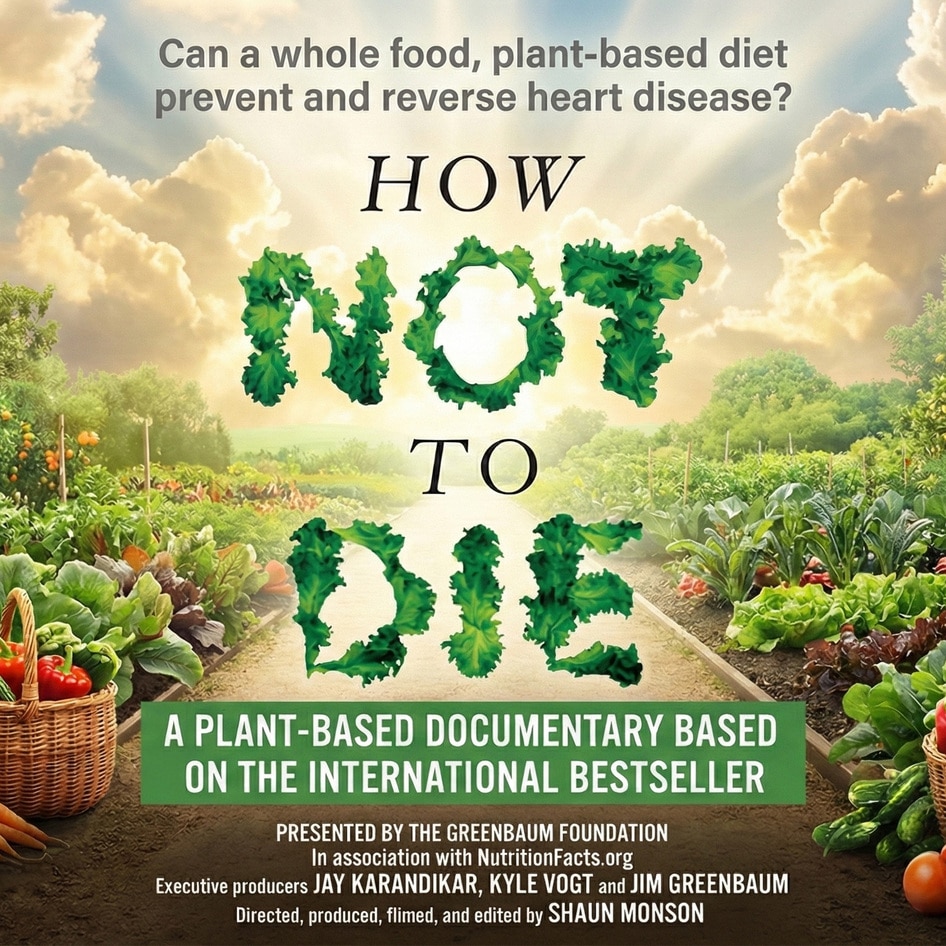We all know it’s important to take care of our bodies, but one of the most important elements to focus on is, without a doubt, our heart health. After all, heart disease is the leading killer in the US for both men and women.
There are many contributors to the development of heart disease, and research suggests that diet is one key factor. But there are things we can do to reduce our risk. Here, we take a closer look at the advice of healthcare professionals who advocate for the power of plant-based food when it comes to heart health.
Why is heart health important?
Without a doubt, our hearts have an extremely important role to play in our bodies. They push blood to every part of us, as well as oxygen, hormones, essential cells, and other compounds. “When the heart stops, essential functions fail, some almost instantly,” notes Harvard Health. So it makes sense that we need to take care of our hearts as best as we can.
 Cottonbro Studio
Cottonbro Studio
“Given the heart’s never-ending workload, it’s a wonder it performs so well, for so long, for so many people,” the medical school publication continues. “But it can also fail, brought down by a poor diet and lack of exercise, smoking, infection, unlucky genes, and more.”
Can a plant-based diet prevent heart disease?
Currently, around 550 million people globally are living with heart and circulatory diseases. And in the US, one person dies of a heart attack—which often happens when the blood vessels around the heart become clogged with cholesterol—every 40 seconds. There are many factors that can lead to heart disease, but research suggests that an unhealthy diet is one of them.
“Diet is one of the only factors within our control which can prevent heart disease,” Yelena Wheeler, MPH, RD, tells VegNews. “A balanced diet full of complex carbohydrates, fiber, antioxidants, and healthy fats, such as a plant-based diet, is instrumental in heart health.”
Hearth health tips from medical professionals
Wheeler isn’t alone in her views. A growing body of medical experts believes that a whole food, plant-based diet can help reduce the risk of fatal heart disease. Here, we’ve gathered some of their top tips.
 Unsplash
Unsplash
1 Lifestyle changes are paramount
On a bold mission to prevent one million heart attacks, Joel Kahn, MD (aka, “America’s Healthy Heart Doc”) is a seasoned cardiologist who has written extensively on the topic of heart health and diet. According to him, six basic factors—including smoking cessation, increasing physical activity, and a healthy diet—can reduce heart disease risk by 92 percent. He also promotes the concept of “Vitamin L” (the “L” is for lifestyle”) as the key to preventing early death. Finally, Kahn highlights four foods that are particularly good at reversing artery disease—garlic, pomegranates, bergamot (a citrus fruit), and green tea, as each offers unique, heart-protecting properties.
2 Don’t believe the protein myth
Plant-based doctor and professor at New York University School of Medicine, Michelle McMacken, MD often writes about protein myths promoted by doctors. She maintains the belief that we need more protein (and that protein always comes from animals) and fewer carbohydrates to get lean is misleading and dangerous. In fact, McMacken cites research that low-carbohydrate, high-protein diets (as well as eating a lot of dairy) are actually associated with “heart disease and early death.” She reinforces Kahn’s point that lifestyle changes are the best approach to dealing with the root causes of heart disease rather than pills, which simply address symptoms.
BECOME A VEGNEWS VIP: Get exclusive product deals, freebies, and perks galore!
3 Fish is not a health food, but plants are
Neal Barnard, MD and the experts at the Physicians Committee for Responsible Medicine (PCRM), a nonprofit health organization, have been leaders in the plant-based movement for decades. They do not back down from making bold statements. While the mainstream likes to repeat the notion that fish is a health food, PCRM counters these “alternative facts” with four important points. Firstly, fish is high in cholesterol. Secondly, fish is high in saturated fat (which has a strong association with heart disease). Thirdly, fish oil supplements’ effect on heart health is still inconclusive, while some studies have shown that they can increase your risk of diabetes and cancer. And lastly, fish are full of toxins (such as mercury) that are dangerous to our health. So, if you’re looking for foods that reduce your risk for heart disease, cancer, and diabetes, then it’s time to look toward plants, not fish.
 Pexels
Pexels
4Get your daily greens
Leafy greens are one of the healthiest foods on the planet, especially for your heart. This affordable superfood group is packed with heart-healthy nutrients including nitrates that are linked to lower blood pressure and the prevention and reversal of heart disease. Kayli Dice, a registered dietitian at meal planning platform Lighter, suggests loading up on leafy green vegetables every chance you get. Some of her favorite ways include a handful of frozen greens in a morning smoothie, baked into kale chips, or as sandwich fixings wrapped up in chard or collard leaves such as this tasty BLT in a Collard Wrap.
5 Eat foods high in antioxidants, fiber, and potassium
On his site, nutritionfacts.org, Michael Greger, MD provides information regarding heart disease and diet. As he explains, foods high in antioxidants, fiber, and potassium might be protective against heart disease, especially when they are part of a diet that’s low or void of animal-based food, salt, and excess fat and oil. Instead, a diet full of dark greens, beans, nuts, flax seeds, whole grains, vegetables, and spices can promote a long and healthy life.
For more on diet and disease, read:
JUMP TO ... Latest News | Recipes | Guides | Health | Subscribe








